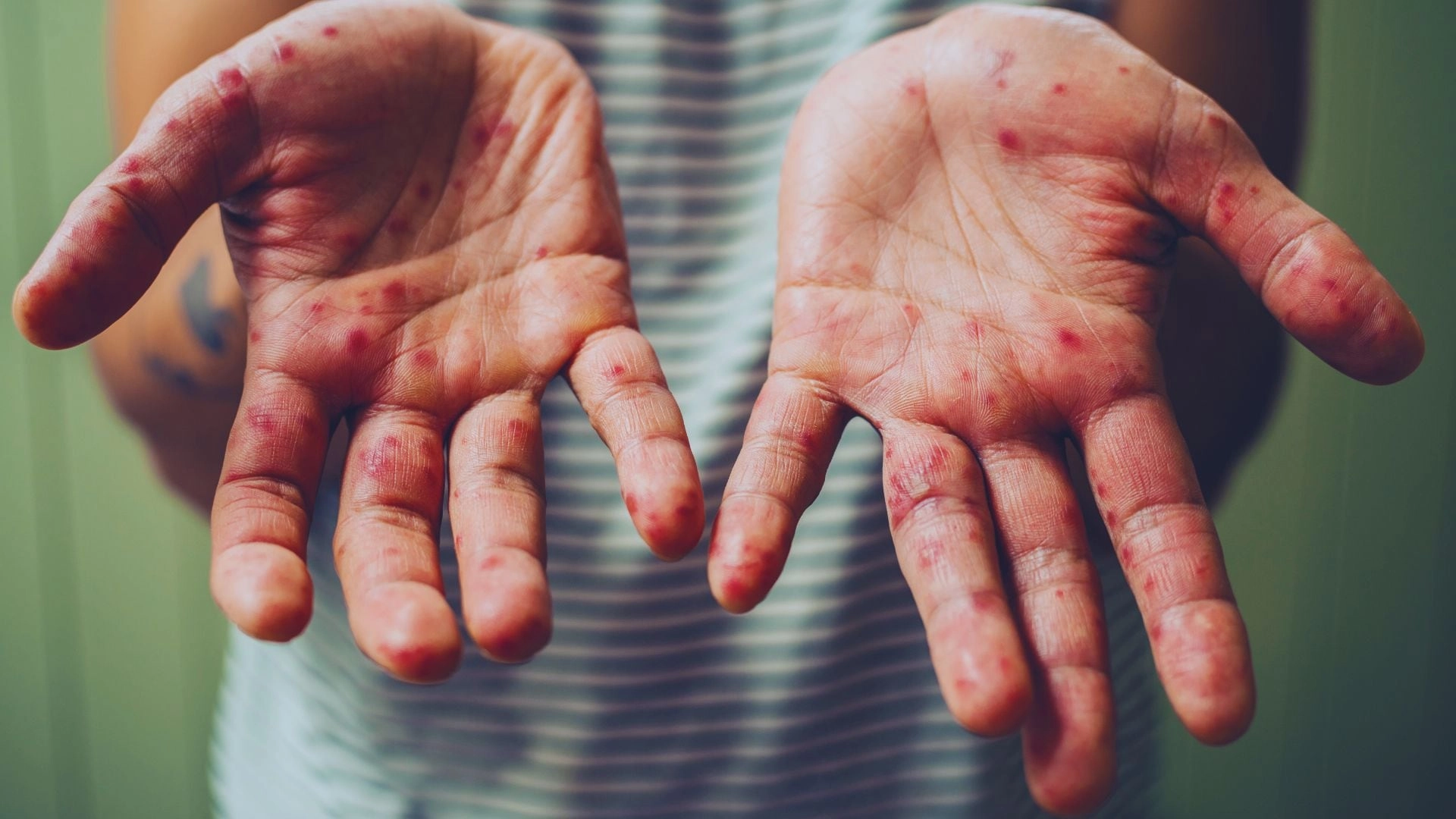The United States is currently experiencing its worst outbreak of measles in over thirty years, raising significant public health concerns. This resurgence of the highly contagious viral disease is alarming health officials, as it signifies a troubling trend in vaccine hesitancy and misinformation. In recent years, a growing number of parents have chosen to forgo vaccinations for their children, often fueled by unfounded fears about vaccine safety. This has created pockets of unvaccinated populations, which are particularly vulnerable to outbreaks. The current situation serves as a stark reminder of the importance of immunization in preventing infectious diseases.
Health experts emphasize that measles is not just a benign childhood illness; it can lead to serious complications, including pneumonia, encephalitis, and even death. The virus spreads through respiratory droplets and can remain active in the air for up to two hours after an infected person has left the area. As a result, communities with low vaccination rates are at a higher risk for outbreaks, as the disease can easily find its way into unprotected populations. Public health officials are mobilizing resources to combat the outbreak, raising awareness about the importance of vaccinations, particularly the MMR (measles, mumps, and rubella) vaccine, which has proven to be highly effective in preventing these diseases.
The current measles outbreak also underscores the challenges faced by the healthcare system in addressing vaccine misinformation. Social media platforms and various online forums have been inundated with misleading information regarding vaccines, contributing to a climate of distrust among some parents. Public health campaigns are now more crucial than ever to educate communities about the safety and efficacy of vaccines. These initiatives aim to dispel myths surrounding vaccinations, highlighting the collective responsibility of individuals to protect not only their children but also vulnerable populations who may be unable to receive vaccinations due to medical reasons.
As the U.S. grapples with this public health crisis, it is imperative for communities to come together to advocate for vaccinations. Health officials are calling for increased vaccination rates to build herd immunity, which is essential for preventing the spread of measles. The current outbreak serves as a wake-up call for many, reminding us that vaccine-preventable diseases can resurface if complacency takes root. By prioritizing immunization, communities can work towards safeguarding the health of future generations and ensuring that such outbreaks become a thing of the past. It is a collective effort that requires commitment, education, and a united front against misinformation.




